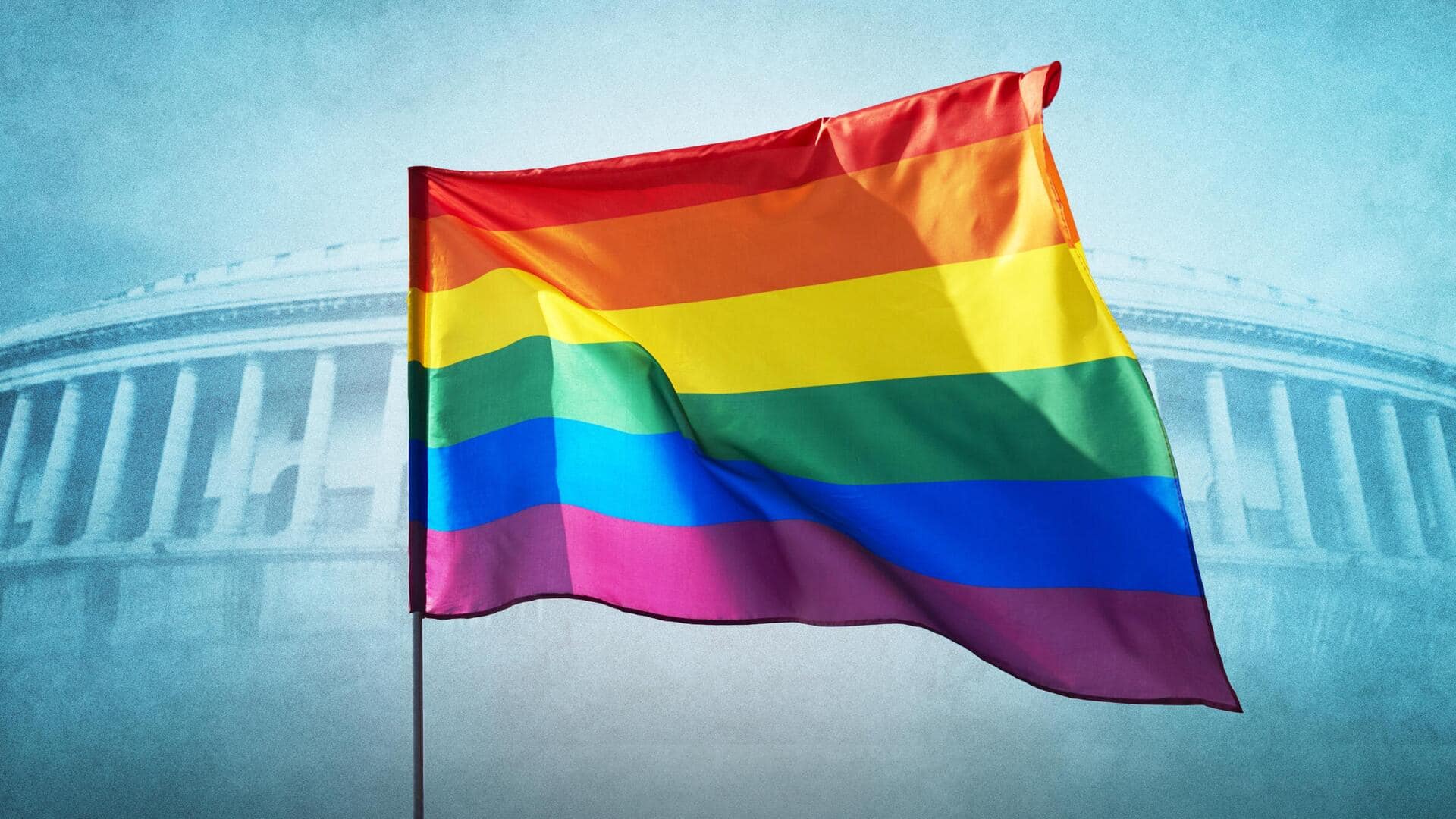
108 MPs of 18th LS vocal on LGBTQIA+ issues: Report
What's the story
As many as 108 out of the 543 newly elected MPs in the 18th Lok Sabha have been "vocal" about LGBTQIA+ issues, according to Pinklist India, a digital archive advocating for India's queer community. This number marks a decrease from the 161 MPs in the previous Lok Sabha. Notably, Pinklist India says that "vocal" refers to discussing the community and its concerns, without specifying whether the discussion was positive or negative.
Election promises
Parties pledge support for LGBTQIA+ rights
In the lead-up to the elections, LGBTQIA+ issues were prominently featured in the manifestos of parties within the opposition's Indian National Developmental Inclusive Alliance, including the Congress, the Communist Party of India (Marxist), and the Nationalist Congress Party (Sharadchandra Pawar). These parties, all members of the INDIA bloc, pledged to enact anti-discriminatory laws and recognize same-sex civil unions. Additionally, the CPI(M) and the NCP(SP) committed to providing healthcare access for gender affirmative surgeries within the LGBTQIA+ community.
Absent voices
Lack of queer representation in Lok Sabha
During the 2024 Lok Sabha elections, the ruling Bharatiya Janata Party made assurances to the transgender community, pledging to extend the "Garima Graha" shelter project and include them in the Ayushman Bharat Yojana. Despite a 2012 government estimate of 2.5 million, there is limited data available on the LGBTQIA+ population in India. Notably, only a few members of the community participated as candidates in the elections, with several opting to withdraw their candidacy.
Voting statistics
Low voter turnout among transgender community
According to PTI, all three transgender candidates who contested in the 2024 Lok Sabha elections lost their security deposits, failing to secure one-sixth of the total valid votes polled. Despite 48,000 registered transgender voters, turnout among this demographic was merely 20% during the final phase of voting. Only people registered as "third gender" by the Ministry of Social Justice and Empowerment are accounted for in the category of third gender/transgender voters—with data on other identities within the community remaining unavailable.